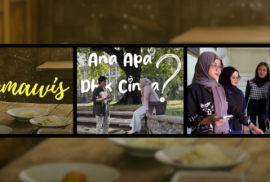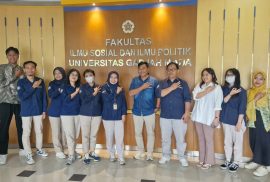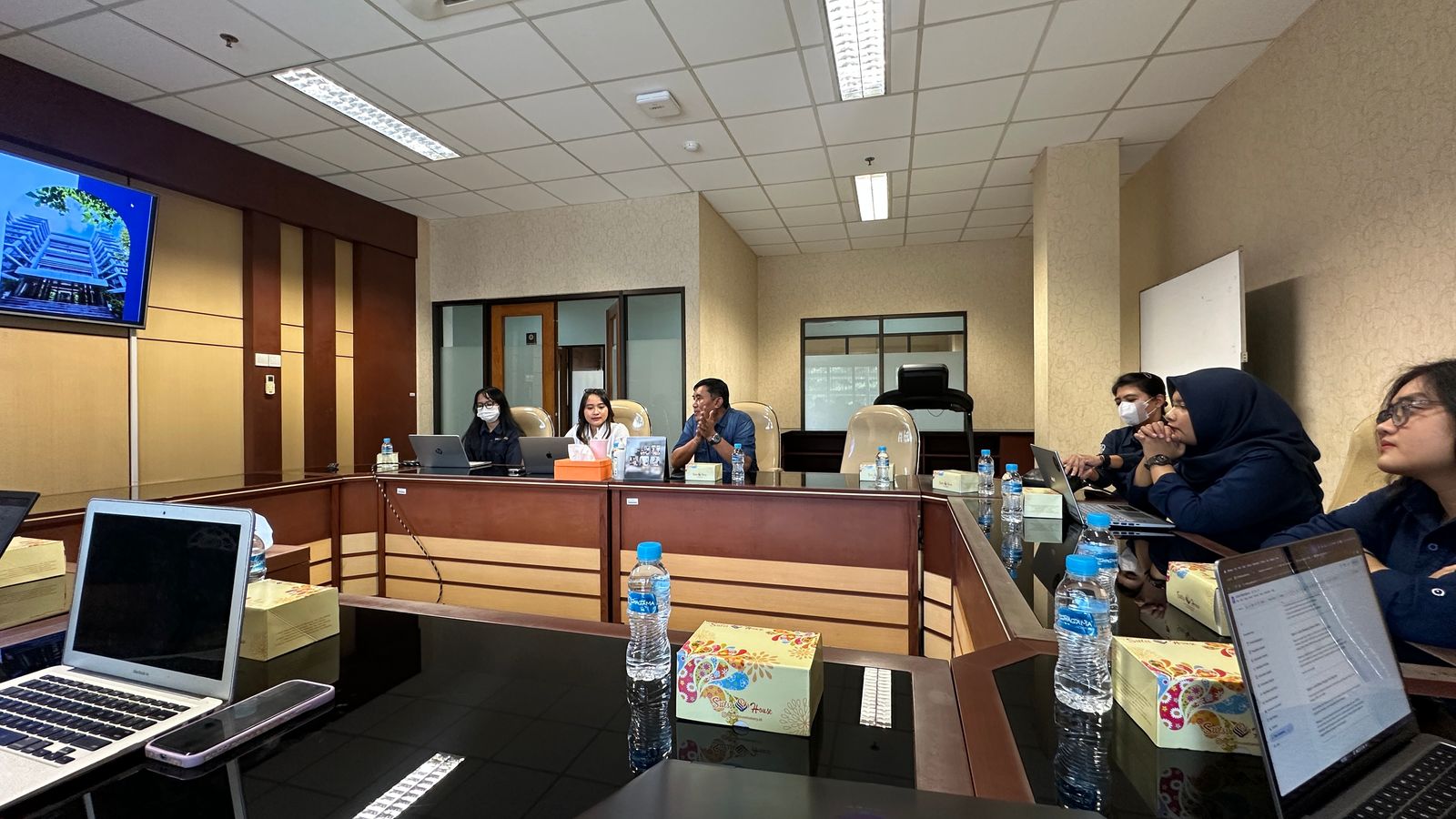Javanese as one of the cultural riches of the Nusantara has regained its living space through the creativity of the younger generation. The Javanese Language, Literature, and Culture Study Program, Faculty of Cultural Sciences, Universitas Gadjah Mada (FIB UGM), held an unusual final semester exam. In the Creative Spoken Javanese course, students were challenged to create a short film in Javanese, as a form of preserving and reactivating regional languages amidst the current of modernization.
Three groups of students successfully produced three short films titled Cumawis, Ana Apa Dhik Cinta?, and Pitutur Kinasih. Each film contains a story full of meaning and depicts the dynamics of contemporary Javanese society with the mother tongue as its main medium.
The film Cumawis presents a narrative about the struggles of a simple family in facing a financial crisis, leading them to deeper problems. The film Cumawis can be accessed by the public through the link https://www.youtube.com/watch?v=j6CqL_lC2bg. Meanwhile, Ana Apa Dhik Cinta? raises the inner conflict of a student named Cinta who is faced with a choice between loyalty to friendship, demands of the organization, and the turmoil of personal feelings. Anggit Galuh, as Galuh’s character in this film, explained that the film Ana Apa Dhik Cinta? was inspired by the film Ada Apa Dengan Cinta (AADC) by adjusting the concept of the setting, cast, and plot of the story without leaving its essence. The film Ana Apa Dhik Cinta? can be accessed by the public through the link https://www.youtube.com/watch?v=DiZ3BgXgmfY. As for Pitutur Kinasih, it presents a reflective journey of the character Alfon who tries to rise and rebuild his life after experiencing a misfortune. The film Pitutur Kinasih can be accessed by the public through the link https://www.youtube.com/watch?v=tT4Byr1uH4k.
This creative approach provides space for students to not only hone their oral language skills, but also to understand the cultural context and local values contained in learning Javanese. Mr. Bima S. Raharja, S.S., M.A., the lecturer of the Creative Spoken Javanese course, emphasized that language is not only learned, but also brought to life, optimized, and appreciated through a creative process.
This activity reflects the spirit of supporting the Sustainable Development Goals (SDG’s), especially point 4th on Quality Education and point 17th on Partnerships for the Goals. In this context, collaboration between educational institutions and students creates real contributions to the preservation of regional languages.
Language is the identity and soul of a nation. Therefore, maintaining the existence of the Javanese language also means maintaining the sustainability of Javanese culture itself. Through film media, the younger generation is invited to make Javanese a living, relevant, and ever-evolving language. Such efforts need to receive attention and support from various parties so that Javanese remains an active part of the lives of Indonesian society.
[Javanese, Language and Literature, Maysa Putri Fatihah]




